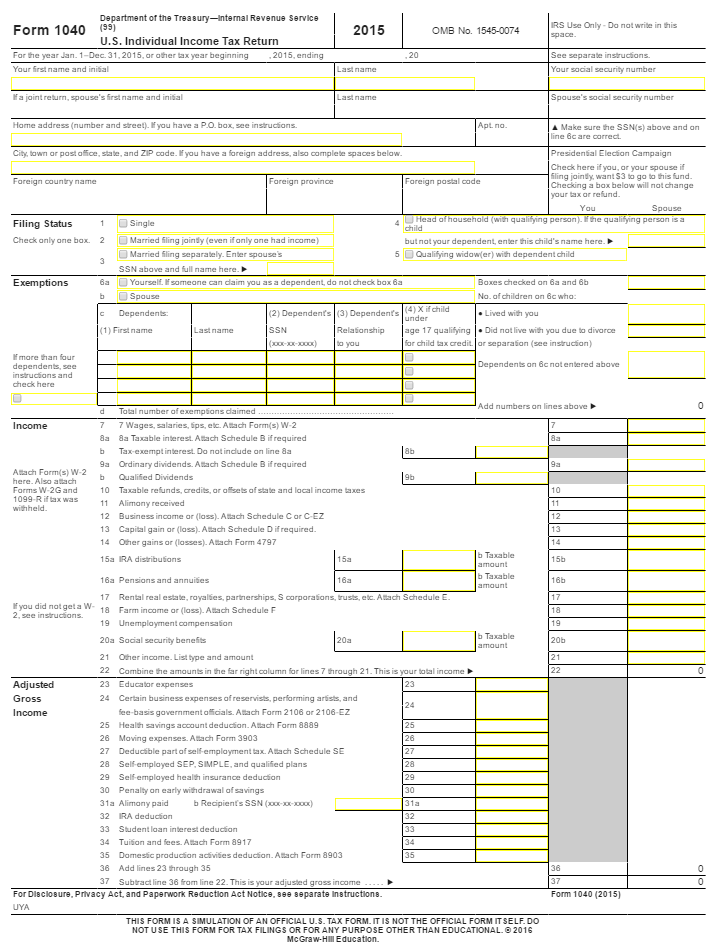


You cannot claim this exemption for yourself, your spouse, or your domestic partner. You can claim an additional $1,000 exemption for each dependent student if all the requirements below are met. You can claim a $1,500 exemption for each child or dependent who qualifiesĪs your dependent for federal tax purposes. You cannot claim this exemption for your domestic partner or dependents. If you are filing jointly, your spouse can also take this exemption if they are a military veteran who meets the requirements. You can claim a $6,000 exemption if you are a military veteran who was honorably discharged or released under honorable circumstances from active duty any time before the last day of the tax year. If you are filing jointly, your spouse can take a $1,000 exemption if they were blind or disabled on the last day of the tax year. You can claim a $1,000 exemption if you were blind or disabled on the last day of the tax year. If you are filing jointly, your spouse can take a $1,000 exemption if they were 65 or older on the last day of the tax year. You can claim a $1,000 exemption if you were 65 or older on the last day of the tax year. You can claim a $1,000 exemption for yourself and your spouse/CU partner (if filing a joint return) or your Domestic Partner. Part-year residents can only deduct those amounts paid while they were New Jersey residents. New Jersey does not allow federal deductions, such as mortgage interest, employee business expenses, and IRA and Keogh Plan contributions.įull-year residents can only deduct amounts paid during the tax year. New Jersey law provides several gross income tax deductions that can be taken on the New Jersey Income Tax return.


 0 kommentar(er)
0 kommentar(er)
